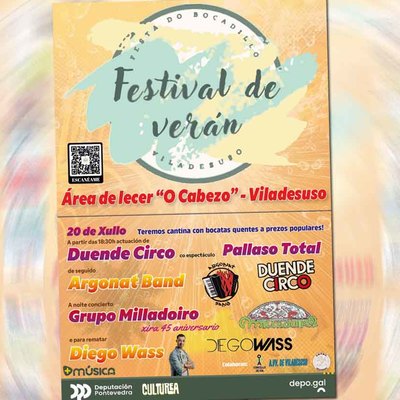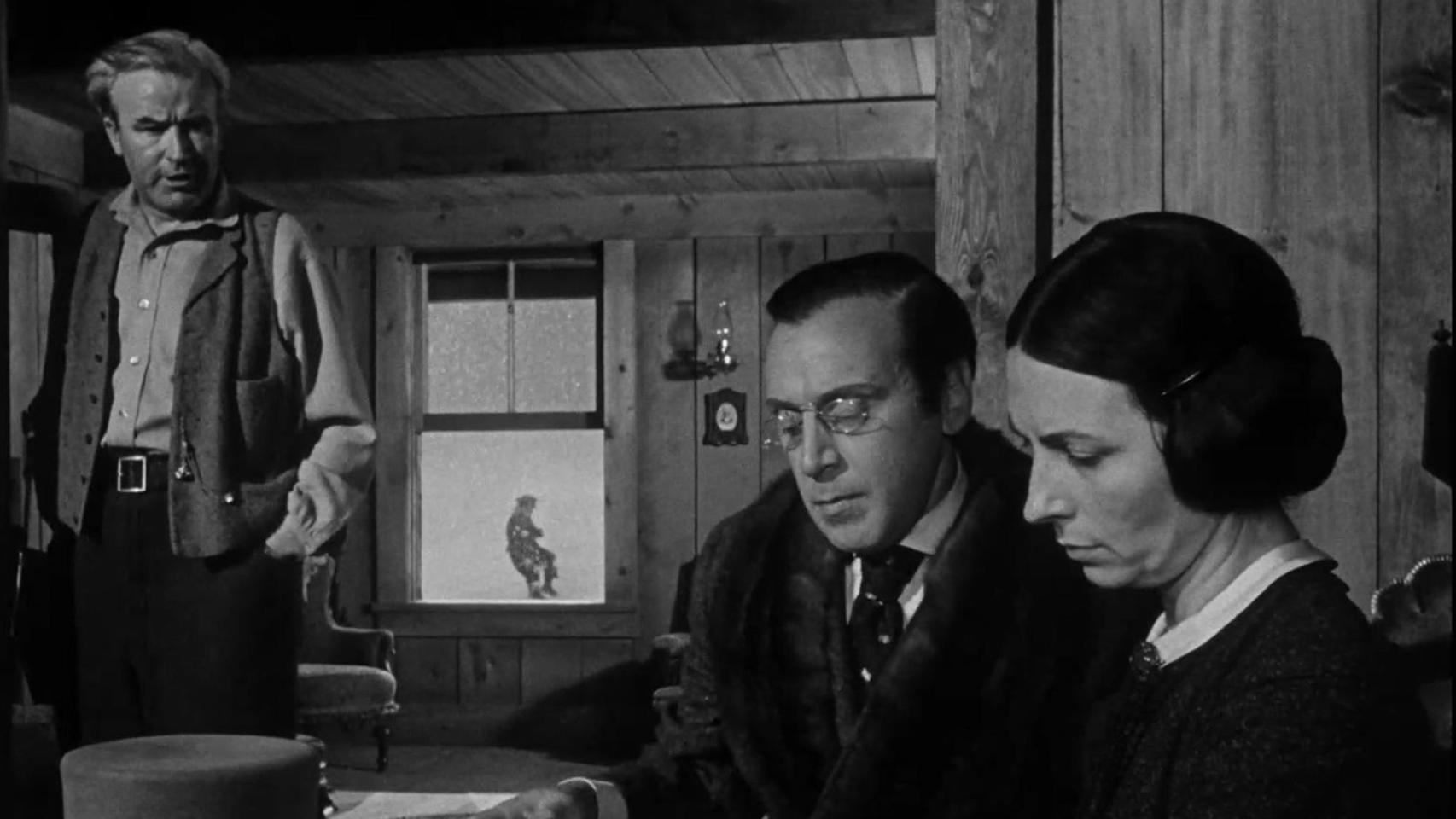The music and poetry that inspired Television

(Credits: Far Out / Elektra Records)
In 1974, long before punk as we know it, Television were set to take the stage at a new, subterranean hang-out in Soho. Patti Smith was in attendance as the reporting journalist from The Soho Weekly. Her subsequent feature pretty much forecast the revolution of punk in all of its fledgling glory.
“Somewhere in the fifties, Billy Lee Riley was slicking brill creme and boys all over the USA were resting Les Pauls on their hip and scrubbing them like sex,” she wrote. “It eats thru the Chez Vous Ballroom, 13 Floor Elevator, Love, Velvet Underground and the Yardbirds Live in Persia. It permeates backseats, waterfronts, the local poolhall, traintracks, just anywhere that rains adolescents.”
The adoring prose continued: “And for the past six weeks it peaked after midnight every Sunday on the bowerie in a dark little soho bar called C.B.G.B. Lousy P.A., long nervous dogs running, random women smoking French cigarettes and mostly boys on the prowl hanging by a thread waiting for Television to tune up.”
There was something frenzied about it all. With New York City a crumbling ruin, punk was rising through from the murk. It carried a zip about it, a verbose energy that didn’t care too much for convention. This is what had always inspired the band’s two early leaders, Richard Hell and Tom Verlaine.
The pair grew up in Lexington, Kentucky. They lived a few miles from the shrouded brick block narcotics treatment facility known on the streets as Narco. In the shadow of this reprobate fortress for artists like William S. Burroughs, who had stepped one toke over the line, the spectral fortress of a wayward lifestyle was already on their doorstep. In October 1966, they fled to try and find permanent housing.
They became thick as thieves in this far-flung world and devoured a realm of culture that rendered them outsiders. “He had great sensibilities,” Hell writes about his buddy in his memoir. “He liked free jazz like Albert Ayler and Eric Dolphy and poetry that resembled it, like Jack Kerouac’s Mexico City Blues, in its disregard for boundaries and spontaneity and desperation and spiritual desire and humour.”
Hell then explains how the band looked to apply all this to their own work. The footloose nature, the need to push things forward and let them flow. If a song had to be nine minutes long, then so be it. So, they whisked-up the prose of Kerouac, the whirlwind nature of Dolphy and their own spiritual beat. This became the maelstrom of the sound of Television, one of the greatest bands there ever was.




